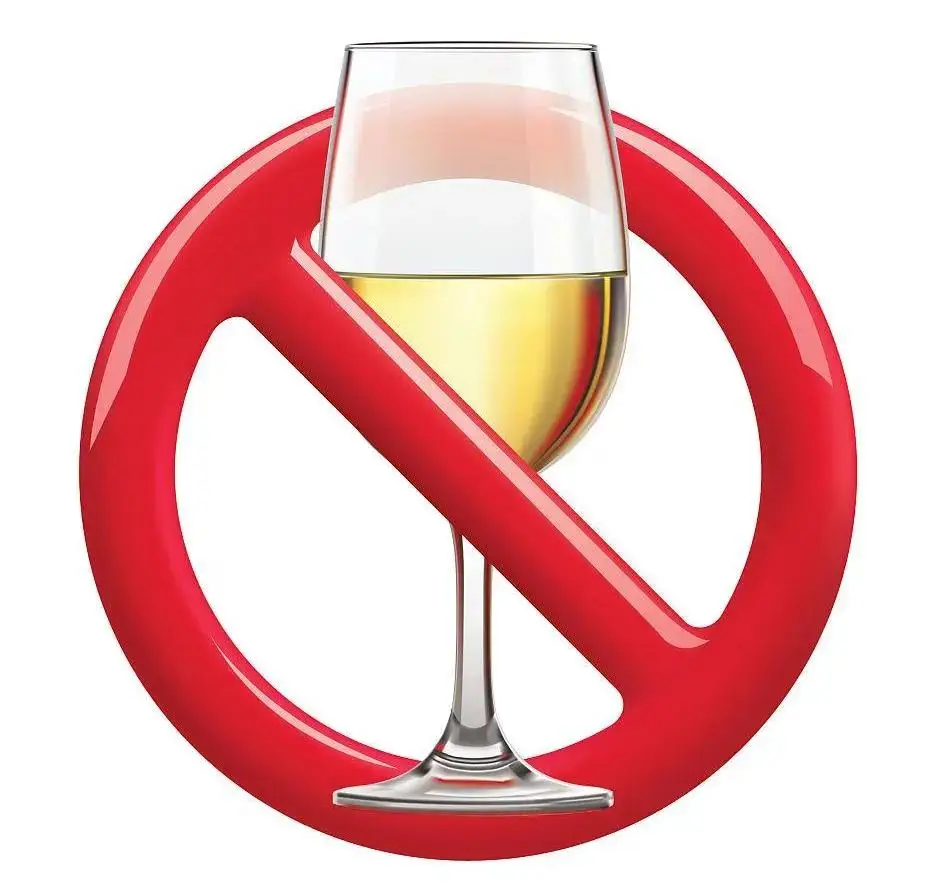Your Skin Ages 10 Years Faster with Heavy Drinking – Quit to Reverse
We've all heard the warnings about excessive alcohol consumption – liver damage, heart problems, and increased cancer risk. But there's another consequence that's visibly apparent yet often overlooked: what alcohol does to your skin. Heavy drinking doesn't just affect your internal organs; it accelerates skin aging by up to a decade, creating wrinkles, dullness, and other visible signs of aging that make you look older than your years.
The Science Behind Alcohol and Skin Aging
When you consume alcohol, your body treats it as a toxin and prioritizes its metabolism above other functions. This process creates a cascade of effects that directly impact your skin's health and appearance.
Alcohol is a diuretic, causing significant dehydration. While you might notice this through increased thirst and dry mouth, your skin suffers silently. Proper hydration is essential for maintaining skin's plumpness and elasticity. When dehydrated, skin becomes dry, flaky, and more prone to wrinkling. The famous "hangover face" isn't just in your imagination – it's the visible result of your body and skin being drained of essential fluids.

Beyond dehydration, alcohol consumption generates free radicals – unstable molecules that damage cells through oxidative stress. These free radicals attack collagen and elastin, the proteins responsible for keeping your skin firm and elastic. As these structural proteins break down, skin begins to sag and develop fine lines and wrinkles.
Alcohol also depletes vital nutrients that are essential for skin health. It reduces levels of vitamin A, a powerful antioxidant crucial for cell regeneration, and vitamin C, which is necessary for collagen production. Additionally, alcohol interferes with the absorption of B vitamins, which help maintain skin tone and texture.
Visible Signs of Alcohol-Accelerated Aging
The effects of heavy drinking manifest on your skin in multiple ways:
Premature Wrinkles and Fine Lines: Regular alcohol consumption can add years to your appearance through increased wrinkle formation, particularly around the eyes, mouth, and forehead.
Dull, Uneven Complexion: Alcohol reduces blood flow to the skin, resulting in a pale, ashy appearance. It also causes broken capillaries, especially around the nose and cheeks, creating permanent red patches and uneven skin tone.
Puffiness and Swelling: Alcohol causes inflammation throughout the body, including the skin. This leads to facial puffiness, particularly under the eyes, and can exacerbate conditions like rosacea and psoriasis.
Impaired Healing: Alcohol slows down your skin's ability to repair itself from environmental damage, meaning sun exposure and pollution cause more significant damage that takes longer to reverse.
The Reversal Process: What Happens When You Quit
The remarkable news is that much of this damage is reversible. When you eliminate or significantly reduce alcohol consumption, your body begins repairing the damage immediately:
Within Days: Hydration levels begin to normalize. Your skin starts to retain moisture better, reducing dryness and flakiness. The puffiness around your eyes begins to decrease as inflammation reduces.
Within Weeks: Skin cell regeneration improves as nutrient absorption normalizes. You'll notice a healthier glow as blood flow to the skin surface increases. The dullness begins to fade, replaced by a more radiant complexion.
Within Months: Collagen production begins to recover. Fine lines may appear less pronounced as skin becomes plumper and more hydrated. Existing wrinkles may not disappear completely, but they often become less noticeable.
Within a Year: Significant improvements in skin texture and tone become apparent. The skin's ability to protect itself from environmental damage improves, slowing down further aging. Many people report looking years younger after extended periods of sobriety.
Supporting Your Skin's Recovery
While quitting alcohol is the most critical step, supporting your skin through other methods can enhance and accelerate recovery:
Hydration: Drink plenty of water and incorporate hydrating foods like cucumbers, watermelon, and citrus fruits into your diet.
Nutrition: Focus on foods rich in antioxidants (berries, leafy greens, nuts) and collagen-building nutrients (vitamin C-rich foods, bone broth, and lean proteins).
Skincare: Establish a consistent routine including gentle cleansing, antioxidant serums, moisturizing, and daily sunscreen application.
Professional Treatments: Consider consulting a dermatologist for treatments that can boost collagen production and address specific concerns like broken capillaries or uneven texture.
Beyond Skin Deep: Additional Benefits of Quitting
The improvements extend far beyond your appearance. Reducing alcohol consumption leads to better sleep quality, which directly impacts skin health and overall wellbeing. It also improves mental clarity, energy levels, and emotional balance – all of which contribute to a more youthful presence.
Your skin tells the story of your lifestyle choices. While genetics play a role in aging, environmental factors like alcohol consumption significantly influence how quickly visible aging occurs. The good news is that by making the choice to reduce or eliminate heavy drinking, you're not just preventing further damage – you're actively reversing it.
Your skin has an incredible ability to heal when given the right conditions. By quitting heavy drinking, you're not just adding years to your life – you're taking years off your appearance.




发表评论